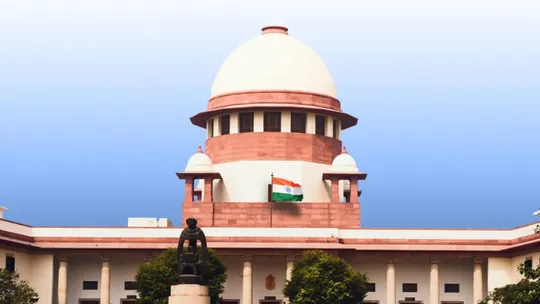The Supreme Court of India has set a powerful precedent for personal liberty and religious freedom by quashing five FIRs registered under the Uttar Pradesh Prohibition of Unlawful Conversion of Religion Act, 2021. Delivered on October 17, 2025, by Justices JB Pardiwala and Manoj Misra, the landmark judgment found the FIRs to be baseless, marred by legal defects and lacking credible evidence to substantiate allegations of mass conversions to Christianity in Fatehpur district.
Court’s Rationale: Law Cannot Harass Innocent Citizens
The bench sharply criticized the use of criminal law as a tool for harassment, emphasizing that prosecution must be rooted in credible material, not mere suspicion or prejudice. The investigation showed that:
- No direct victim of conversion had approached the police.
- Complaints were lodged by third parties long after alleged incidents with duplicate or “mechanically prepared” witness statements.
- Many FIRs duplicated the same alleged event, violating established legal norms against repeated prosecution for one incident.
Religious Gatherings and Charity Not Criminal
The Court declared that under the UP Conversion Act, organizing religious events or donating for religious purposes does not constitute a criminal offense. Only attempts to induce or coerce conversion by fraud or force are punishable; mere assembly or charity cannot be interpreted as conversion crime.
Flaws in the Complaints
Key deficiencies included identical witness statements, factual errors in names, and no evidence of incentives or coercion. The bench also noted procedural violations—under the law as it stood in 2022, only victims or their family could file conversion complaints, not third-party organizations. Thus, the Court found the FIRs fundamentally invalid.
Implications and Next Steps
One remaining FIR with charges of extortion and violence has been de-tagged for separate judicial review, but all claims under the Conversion Act were quashed. The ruling is expected to protect religious liberties, curb misuse of anti-conversion laws, and reinforce judicial oversight in safeguarding constitutional freedoms.
The verdict serves as a vital shield for innocent citizens and a call for careful, evidence-based policing, ensuring legal safeguards are not wielded arbitrarily or for vendetta.
